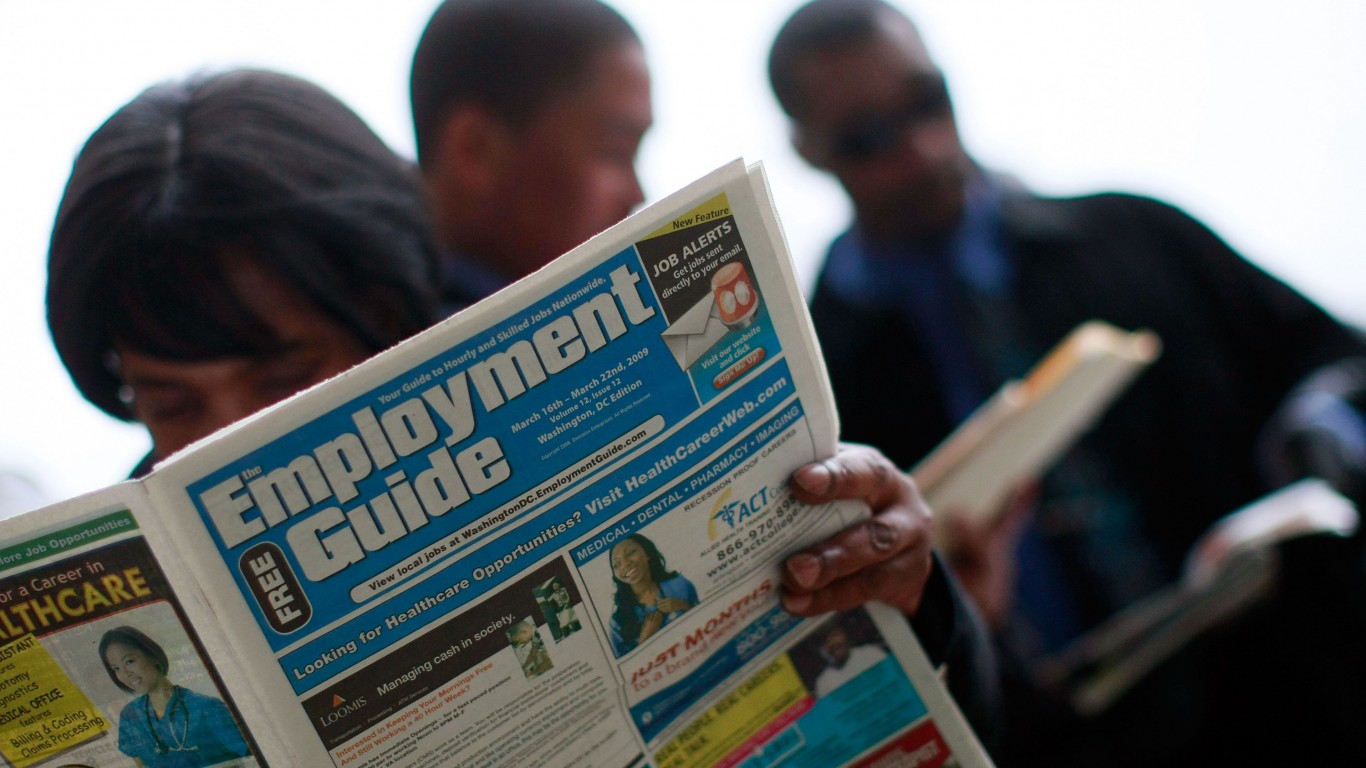The World Bank claims it sees the future and does not like it, at least economically. The organization cut its forecast for global GDP growth this year to 3%.0. The previous forecast was 3.4%. Most troubling, the economic growth of the developing world has lost its momentum. For years most economists believed that the growth of these developing nations would partially offset very modest increases in the developed world where gross domestic product might, in regions, contract. The nations that will not break free from the effects of the recession are Japan and countries that are part of the European Union.
In sum, the organization’s management commented in its Global Economics Forecast:
After growing by an estimated 2.6 percent in 2014, the global economy is projected to expand by 3 percent this year, 3.3 percent in 2016 and 3.2 percent in 2017, predicts the Bank’s twice-yearly flagship. Developing countries grew by 4.4 percent in 2014 and are expected to edge up to 4.8 percent in 2015, strengthening to 5.3 and 5.4 percent in 2016 and 2017, respectively.
Any hope that a rebound from the recession will accelerate quickly have, according to the analysis, gone.
In a reversal of common opinion, China will not be the engine of the very modest growth picture. Instead, the United States will be:
Underneath the fragile global recovery lie increasingly divergent trends with significant implications for global growth. Activity in the United States and the United Kingdom is gathering momentum as labor markets heal and monetary policy remains extremely accommodative. But the recovery has been sputtering in the Euro Area and Japan as legacies of the financial crisis linger. China, meanwhile, is undergoing a carefully managed slowdown with growth slowing to a still-robust 7.1 percent this year (7.4 percent in 2014), 7 percent in 2016 and 6.9 percent in 2017. And the oil price collapse will result in winners and losers.
ALSO READ: Can India Outperform Again in 2015?
In particular:
On the back of gradually recovering labor markets, less budget tightening, soft commodity prices, and still-low financing costs, growth in high-income countries as a group is expected to rise modestly to 2.2 percent this year (from 1.8 percent in 2014) in 2015 and by about 2.3 percent in 2016-17. Growth in the United States is expected to accelerate to 3.2 percent this year (from 2.4 percent last year), before moderating to 3 and 2.4 percent in 2016 and 2017, respectively. In the Euro Area, uncomfortably low inflation could prove to be protracted. The forecast for Euro Area growth is a sluggish 1.1 percent in 2015 (0.8 percent in 2014), rising to 1.6 percent in 2016-17. In Japan, growth will rise to 1.2 percent in 2015 (0.2 percent in 2014) and 1.6 percent in 2016.
Obviously, nations that consume oil will be better off than previously forecast, while those that produce it will suffer. The exceptions are nations such as the United States — large consumers and producers.
The World Bank analysis is based, to some large extent, on the theory that the United States can grow without help from the balance of the world. This, in turn, has to assume that consumer spending, the core of the American GDP growth for decades, will recover substantially. So far, growth in employment and consumer sentiment, and a recovery of the housing market, support the theory. A drop in oil prices should be an aid as well. But U.S. exports are bound to be hurt by the lack of strong economies overseas. That sets up a situation in which the American consumer has to outrun erosion in the growth of exports.
ALSO READ: 10 Huge Countries Without Their Own Oil
100 Million Americans Are Missing This Crucial Retirement Tool
The thought of burdening your family with a financial disaster is most Americans’ nightmare. However, recent studies show that over 100 million Americans still don’t have proper life insurance in the event they pass away.
Life insurance can bring peace of mind – ensuring your loved ones are safeguarded against unforeseen expenses and debts. With premiums often lower than expected and a variety of plans tailored to different life stages and health conditions, securing a policy is more accessible than ever.
A quick, no-obligation quote can provide valuable insight into what’s available and what might best suit your family’s needs. Life insurance is a simple step you can take today to help secure peace of mind for your loved ones tomorrow.
Click here to learn how to get a quote in just a few minutes.
Thank you for reading! Have some feedback for us?
Contact the 24/7 Wall St. editorial team.


